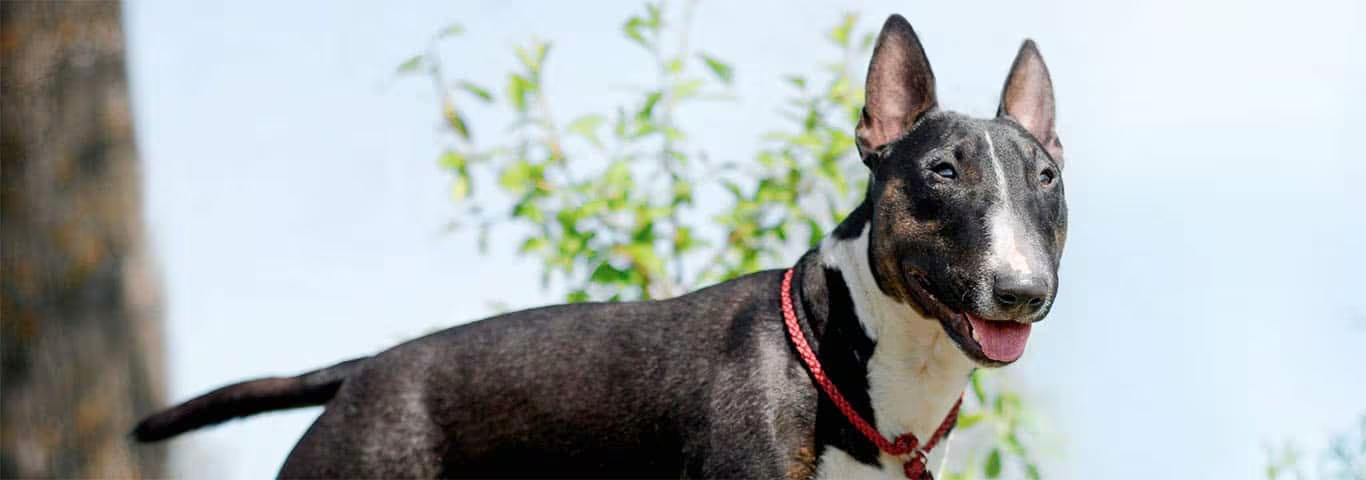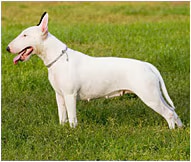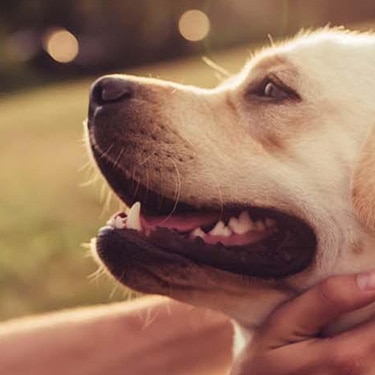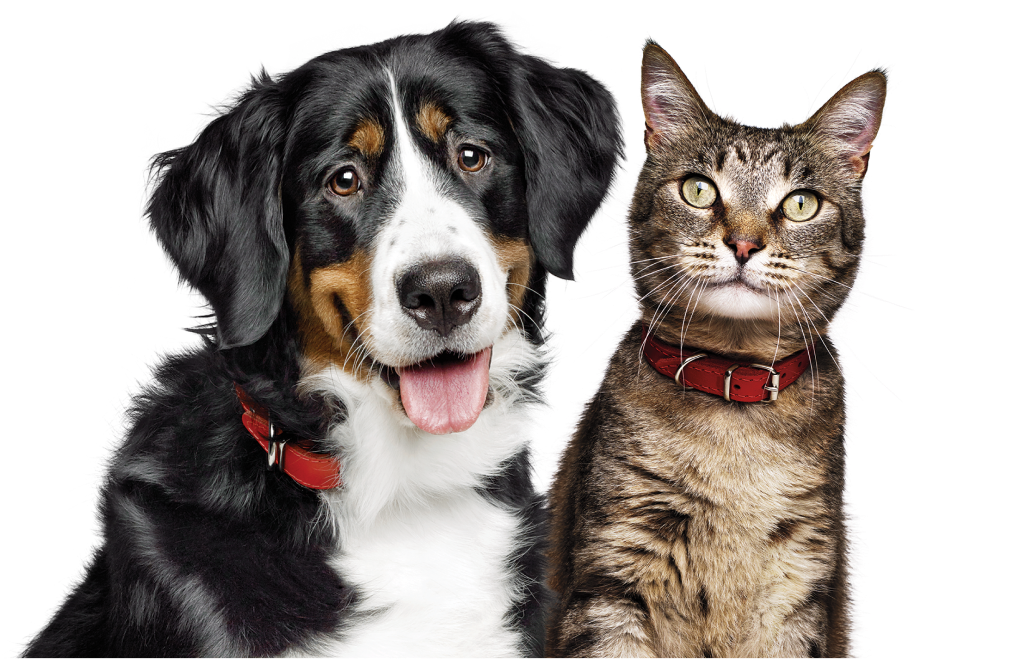Bull Terriers are gentle, affectionate and playful with family members. They are often called the clowns of the dog world. They are loyal pets that will guard the family. As with any large, proper precautions around strangers, children, and other animals is essential.
If not given enough exercise and attention from the owners, Bull Terriers can be destructive.
Because the breed is powerful and some members may have aggressive tendencies, Bull Terriers must be obedience trained. They must also be carefully socialised from a young age. Socialisation requires frequent supervised exposure to other people and pets in the neighbourhood. With proper socialisation and training, Bull Terriers make great family pets. However, they probably are not a good choice for novice dog owners, nor are they generally recommended for households with other pets or irresponsible children.
Bull terriers must be exercised daily in a fenced-in yard or with walks on leash and should not be permitted to run free, even if trained and socialised. Because of their stocky build, care must be taken not to overfeed as they can easily become obese.
Diet Suggestions:
Puppy:
(female) Hill's Science Diet Puppy Dry Dog Food or
(male) Hill's Science Diet Puppy Large Breed Dry Dog Food.
Adult:
(female) Hill's Science Diet Adult Dry Dog Food or
(male) Hill's Science Diet Adult Large Breed Dry Dog Food,
Hill's Science Diet Adult Perfect Weight Dry Dog Food.
Mature:
(female) Hill's Science Diet Adult 7+ Senior Dry Dog Food or
(male) Hill's Science Diet Adult 6+ Senior Large Breed Senior Dry Dog Food.
Bull Terriers were developed in England during the 19th century. Around 1835, a cross between the old English terrier and the bulldog produced the Bull Terrier. Later crosses to the Spanish Pointer; even later, to the white English terrier and Dalmatian, produced a stylish, tough, white dog. In the mid 1800s, the white version of the breed, known as "white cavaliers," became a favourite pet among gentry. Crosses to the Staffordshire Bull Terrier reintroduced colour around 1900.
Today, Bull Terriers are gentler than their ancestors but are still strong, fearless dogs. They are primarily family pets, but are not suitable for many families.






















